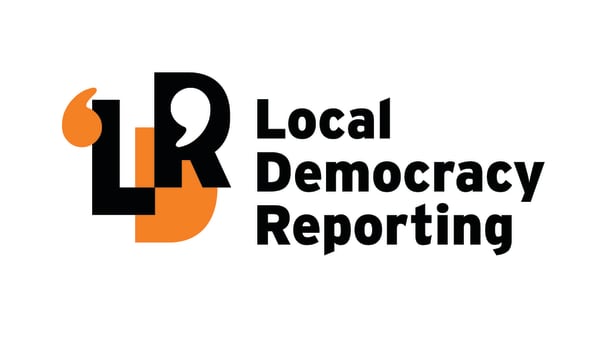Gisborne District Council has shown its support for retaining Māori wards as the Government looks to bring back binding referendums.
“The leadership of council and tangata whenua are in agreement”, said Mayor Rehette Stoltz. “(We) wholly support the retention of Māori wards for Tairāwhiti.”
The government announced on Thursday it would introduce binding referendums for Māori wards at the next local body elections in 2025, including for councils which have already introduced them.
Gisborne’s council plans to endorse its support of Māori wards through a formal resolution on April 18. It has also supported remits to Local Government New Zealand (LGNZ) for lobbying the Government against the proposed legislative changes.
“We will be seeking further advice on the fairness of the proposal,” Mrs Stoltz said.
“The Gisborne District Council (GDC) undertook extensive community consultation on the establishment of Māori wards in Tairāwhiti, attracting a record number of submissions.”
This community support led to councillors’ unanimous vote for Māori wards in November 2020, said Mayor Stoltz.
“As required by law, council publicly notified its decision and provided an opportunity for electors to demand a referendum on the introduction of Māori wards.
“However, no such demand was received, and council was required to undertake a Representation Review which included the creation of Māori wards.”
“Recognising that Māori constitute half of Tairāwhiti’s population, yet have been underrepresented in council decisions, this move seeks to rectify a longstanding imbalance.
“By fostering a closer connection between Māori representatives and the communities they serve, the council aims to enhance their understanding of Māori perspectives, enriching the decision-making process with diverse viewpoints,” she said.
“This kaupapa not only increases the avenues for Māori political participation, through both candidacy and voting, but also signifies our commitment to exploring further avenues for Māori engagement in local governance,” she said.
Labour MP for Ikaroa-Rawhiti Cushla Tangaere-Manuel said the government could not be trusted to deliver for Māori.
The Government’s intention to reverse Māori Wards on local council was another disappointment, she said.
“These petitions and polls harm the iwi-council relationship and stir up fear and division,” she said.
Maori Ward Councillor Rawinia Parata said Māori wards created diversity at the local government table.
“Finally, we’ve been able to participate in decision-making at a regional level, and finally outcomes are incrementally becoming more equitable.
“Māori will not have our voices silenced. One way or another you will find us seated at these tables of influence,” she said.
LGNZ president Sam Broughton called the government’s decision “a complete over-reach” on local decision making.
He said “We have long asked that Māori wards and constituencies be treated like all other wards and the decisions be made at the council level.
“Councils make these decisions based on feedback from their communities and iwi representatives “.
He called the announcement a “skewed version of democracy” as it is not used to determine any other wards or constituencies.
“We now have the highest representation of Māori elected members in local government ever.
“The Government’s decision risks the mana of our Māori elected members and their rightful, elected place on councils,” he said.
Mr Broughton said the bill completely distracts councils’ ability to deliver on infrastructure and rate rise pressures.
Minister of Local Government Simeon Brown said the previous government’s change to Māori Wards was “divisive” and took away choice from local communities to determine whether they wanted Māori Wards.
In 2022, Labour introduced a bill that removed the requirement for local councils to have a referendum to establish Māori wards, with their reasoning that other wards did not have those requirements.
Gisborne established Māori Wards for the 2022 local body elections and was set to have them for 2022 and 2025 local elections.
If a referendum does take place at the 2025 local body elections, the results will not come into effect until 2028.











3 comments
“Councils make these decisions based on feedback from their communities and iwi representatives."
I call that a “skewed version of democracy”.
JOIN THE CONVERSATION
Read and post comments with a
Newsroom Pro subscription.
Subscribe now to start a free
28-day trial.